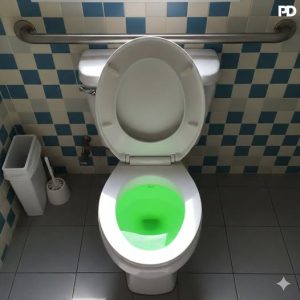In recent months, the U.S. House Oversight Committee, led by Rep. James Comer, has issued a sweeping set of subpoenas aiming to collect testimony and documents from numerous high‑profile former government officials tied (directly or indirectly) to Jeffrey Epstein. The list includes former U.S. Attorneys General — Merrick Garland, Loretta Lynch, Eric Holder, Jeff Sessions, Alberto Gonzales, and William Barr — as well as former FBI Directors James Comey and Robert Mueller. The scope of the subpoenas reflects the committee’s desire to reconstruct how Epstein’s cases were handled over decades, and whether systemic failures or cover-ups occurred.
A notable development, however, is that the committee withdrew its subpoena to Robert Mueller. Mueller’s team disclosed that he was diagnosed with Parkinson’s disease in 2021 — a condition the committee accepted as a legitimate basis to cancel his scheduled deposition. Originally, the subpoena letter cited that during Mueller’s tenure as FBI director, Epstein had been under investigation, and the committee believed Mueller could provide historical insight. The withdrawal highlights both the aggressive posture of the committee — targeting former top law-enforcement leaders — and the practical realities when requesting testimony from aging public figures.
Among all those subpoenaed, only former Attorney General Bill Barr has appeared so far to give a deposition. Barr’s testimony is particularly significant because he was serving as Attorney General when Epstein died in federal custody in 2019. The committee seeks greater clarity on the circumstances of Epstein’s death: what protocols were in place, whether they were followed, and whether any investigative leads were missed. Barr has reiterated in his testimony that Epstein’s death was “undoubtedly suicide,” while addressing questions about prison camera blind spots.
The push for accountability also extends to the Clintons. The committee has subpoenaed both Bill and Hillary Clinton, citing Epstein’s documented interactions with Bill Clinton (including flights on Epstein’s private jet) and the broader possibility that they may hold pertinent information. While the subpoenas do not necessarily imply criminal wrongdoing, Comer argues their testimony is needed to fill gaps in the public record about Epstein’s network.
The investigation comes amid intense public interest and concern about how the Justice Department and FBI historically handled Epstein, and whether influential individuals avoided scrutiny. The committee has also demanded records from the DOJ by August 19, including investigative files and internal communications related to Epstein and Ghislaine Maxwell.
Overall, these proceedings represent one of the most expansive congressional efforts yet to explore Epstein’s deep ties to political and legal elites. Whether the review yields new revelations depends on how forthcoming the former officials and the DOJ are — and whether Congress can meaningfully enforce its demands.



